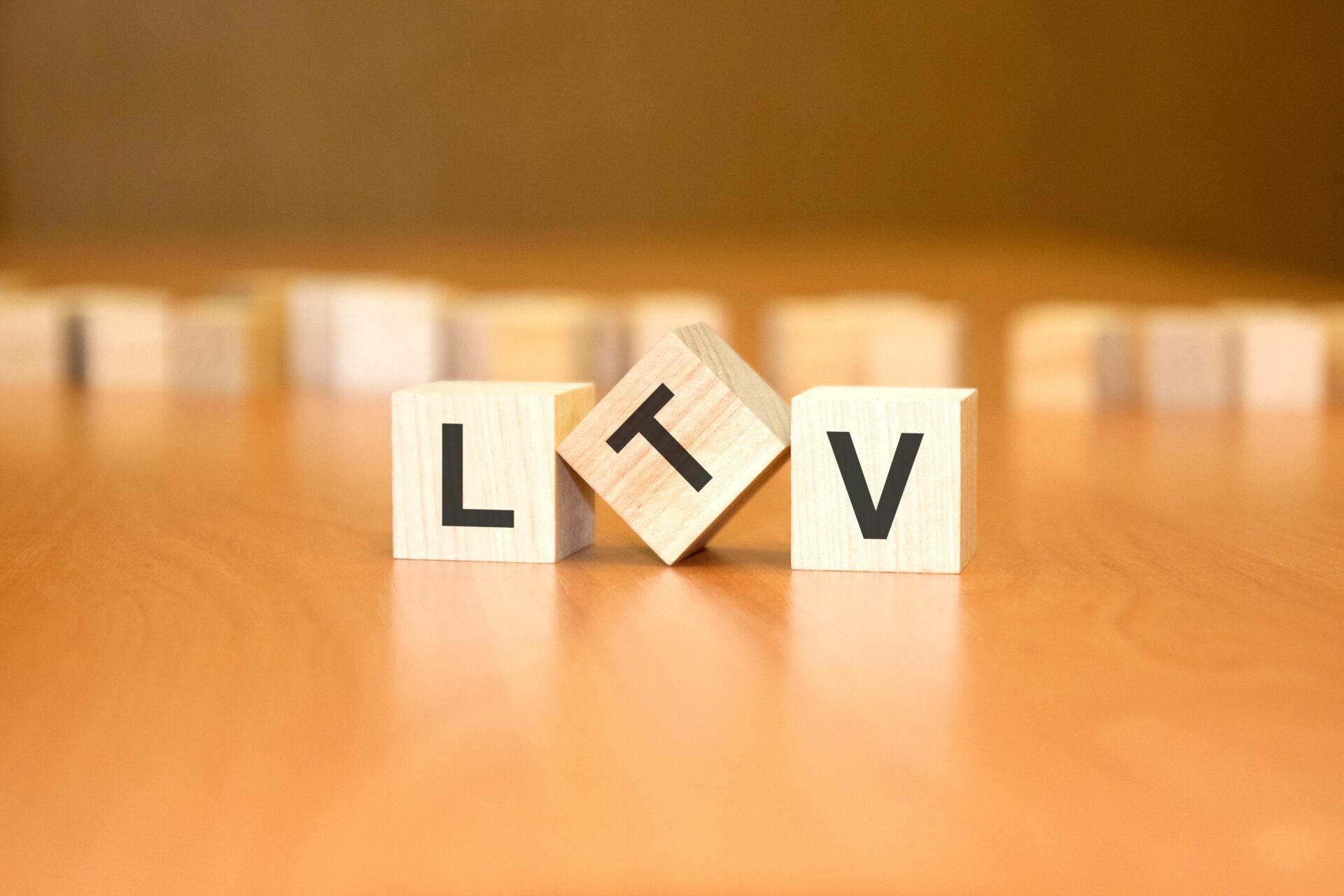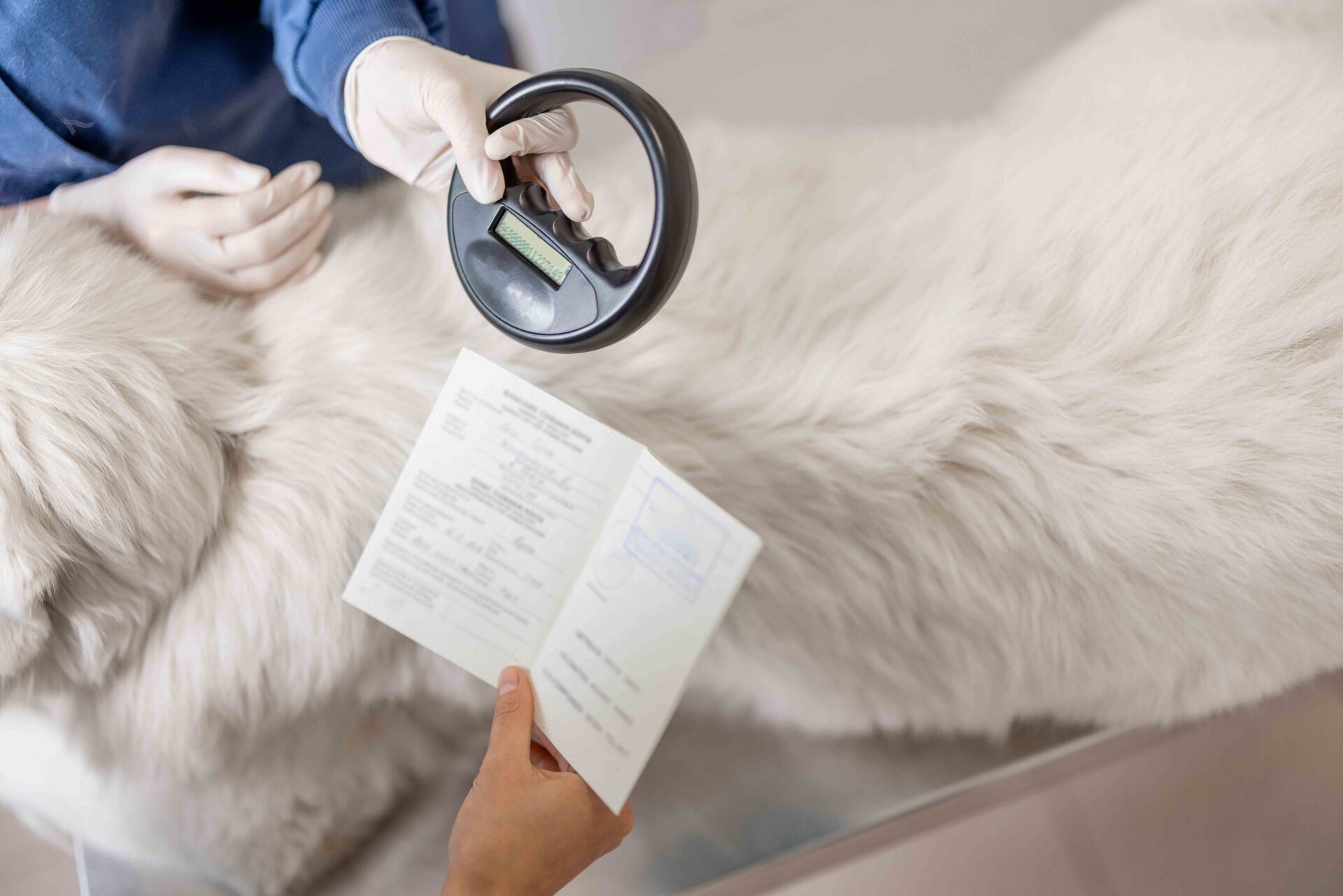Buying a home is one of life’s biggest goals — whether it’s your first home for starting a family or a new house that better fits your lifestyle. While many people choose to finance their purchase through a mortgage to spread out the payments, others prefer to buy a house with cash to avoid long-term interest and debt.
At first glance, paying in cash may seem simple. But in reality, there are several important details to understand before making this decision. It’s not just about transferring money — it also involves verifying documents, confirming the source of your funds, and planning your finances carefully.
The Benefits of Buying a House with Cash
Buying a house with cash offers not only the freedom from loans and interest but also several practical advantages:
1. No Complicated Loan Paperwork
When applying for a mortgage, you need to prepare numerous documents — from personal identification to financial records. Paying in cash eliminates all of that. You won’t have to wait for loan approval, so the purchasing and ownership transfer process is much faster and simpler.
2. No Interest Payments
It’s often said that if you borrow 5 million baht for a house, you might end up paying over 10 million baht in total due to interest. That’s not an exaggeration. Even with extra payments or early repayment, you still pay hundreds of thousands or millions in interest. Buying with cash helps you save that money, allowing you to reinvest it elsewhere in the future.
3. Special Promotions from Developers
Housing projects often offer exclusive deals for cash buyers — such as discounts, free furniture or appliances, or waived fees. This can save you tens of thousands of baht. You may also get priority in unit selection and better negotiation power.
Things to Watch Out For When Buying a House with Cash
While buying with cash has clear advantages, there are also important cautions to keep in mind — especially regarding legal documentation and financial transparency.
1. The Source of Your Funds Must Be Traceable
Since Thai authorities enforce strict anti–money laundering laws, using a large amount of cash may raise questions from the Revenue Department or related agencies — especially if the property value is high. You should therefore prepare proof of income or source of funds, such as inheritance documents, property sale contracts, or employment income records.
2. Inspect the House and Project Carefully Before Paying
Because the process is quicker, some buyers might overlook proper inspection. Before signing or accepting the handover, thoroughly check the property’s structure, electrical and plumbing systems, and legal documents. This helps prevent future problems.
3. Manage Cash Flow Wisely
Spending a large sum at once may reduce your financial liquidity or emergency savings. Always plan ahead for additional costs such as furnishing, maintenance, and repairs, ensuring you have enough reserves after the purchase.
How to Prepare for Buying a House with Cash
If you’ve decided that paying in cash suits your goals, here’s a step-by-step guide to help you prepare efficiently:
-
Choose the Right Project and Location
Start by selecting a home that fits your lifestyle — whether it’s a single detached house, semidetached house, or townhome. Consider the location, nearby amenities, and overall environment to ensure long-term comfort and convenience.
-
Book the House and Pay a Deposit
Once you’ve chosen your home, make a reservation and pay the deposit required by the developer to secure your chosen unit.
-
Sign the Sale and Purchase Agreement
The next step is to sign the contract, which should clearly specify details such as the selling price, transfer date, payment schedule, and included items or promotions.
-
Pay with a Cashier’s Check
It’s highly recommended to use a cashier’s check instead of physical cash. This method is safer and provides verifiable proof of payment.
-
Inspect the House Before Handover
Conduct a thorough inspection of the property — check for construction quality, finishing, and functionality. Only sign the acceptance form once everything meets your expectations.
-
Transfer Ownership and Receive the Title Deed
Finally, attend the appointment at the Land Office with the developer to officially transfer ownership and receive your house and land title deed.
Will You Be Investigated for Buying a House with Cash? What Documents Are Required?
A frequently asked question is:
“Will I be investigated if I buy a house with cash?”
The answer: possibly, but there’s nothing to worry about if your financial transactions are legitimate and transparent.
Generally, if the transaction amount exceeds 2 million baht, the Revenue Department may review your financial records as part of anti–money laundering procedures.
Documents You Should Prepare in Case of an Audit:
-
Proof of income, such as salary slips, income certificates, or business income statements
-
Bank transfer records, showing the full money trail
-
Personal identification documents, such as your ID card and house registration
-
Proof of asset sales, if the funds come from selling property, stocks, or other assets — keep all sale contracts as evidence
If everything is legitimate and well-documented, there’s no need to worry — the verification is simply a standard financial security measure.
Buy Quality Homes with Comfort — Choose Maison Semidetached House
Buying a house with cash can make homeownership much simpler — no interest, no long-term debt, and immediate ownership.
Just prepare your documents carefully and choose a location that suits your lifestyle.
For those looking for high-quality homes, check out Maison Development’s Twin House Projects — thoughtfully designed homes offering balanced functionality and spacious living areas.
If you value privacy and tranquility, explore Maison’s semidetached houses in the Sriracha area, where the environment is peaceful, the spaces are generous, and the design fits perfectly for families wanting to buy with confidence.
Schedule a visit today: 02-295-3397–8
References
-
“New Anti–Money Laundering Law Now Requires Reporting for Home Purchases Over 2 Million Baht.” Retrieved October 8, 2025, from https://mgronline.com/daily/detail/9540000099649
-
“Is Paying Cash for a House Better Than Financing? Pros and Cons You Should Know.” Retrieved October 8, 2025, from https://today.line.me/th/v3/article/yzv1jLE






